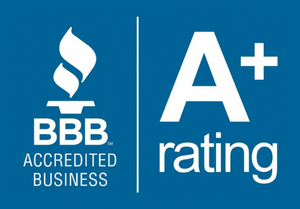An undercover private investigator, or agent is a person who pretends to be an impartial third party while conducting investigations of suspected or confirmed criminal activity. Undercover investigators frequently join a hostile organization as a prospective buyer interested in buying illegal goods or services with the goal of gathering information about their assigned target.
Many investigators use hidden cameras and recorders to document their findings. The investigation could last for months or even years, and because the job is dangerous, they keep their real identities hidden. Some examples of what an investigator might do are economic investigations, business intelligence gathering on competitors, security advice, special security services information collection, criminal investigation background checks, and profile polygraph tests.
When certain employers hire an undercover investigator, they task the individual with investigating potential abuse of workman’s compensation. The investigators will often conduct surveillance on those claiming to be injured and record their findings with a hidden camera/recorder. In some cases, this footage may then be presented in court or to the client who originally ordered the investigation.
The first step in executing an online undercover operation is to figure out what you want to accomplish and how big a role you want to play. Each undercover investigation is unique. Upfront, the investigator must gather information on the case. The sort of inquiry, potential locations for working under cover, the depth of the persona required, estimates of resources required to complete the operation, and time frames for finishing it all figure into this part of the equation.
If it happens to be an online investigation, the investigator will then determine the legal limitations surrounding the undercover operation. The legal requirements connected with an online investigation must be determined during an undercover internet research.
Before commencing the investigation, the investigator will first identify and assess what resources are available to support it. This includes evaluating the personnel required for the operation, as well as any equipment that may be needed (such as an undercover computer). Additionally, they need to take into account how much time investment will be required for the investigation which can vary significantly depending on its nature.
A risk assessment of the operation will then be created by an investigator. The most underappreciated component of the planning process is undoubtedly the risk assessment, which is a management tool for determining whether or not investigations should be done and to what benefit the organization or company will get from them. The foundation for the risk assessment is determining the prospect of success. This might mean whether or not a suspect will be charged, whether stolen goods will be recovered, and how investigators will be held accountable during the investigation.
Lastly, an investigator will identify the data collection requirements. What is needed to document and collect the required evidence to support a prosecution? For example, a printed email may be entered as authenticated evidence by the sender or receiver, but metadata from the header of that same email could tell a different story. How a collector collects data can distinguish between two investigation types: one that is well-documented with details representing the facts of the case vs. one that did not poorly establish pertinent information regarding the crime scene.

